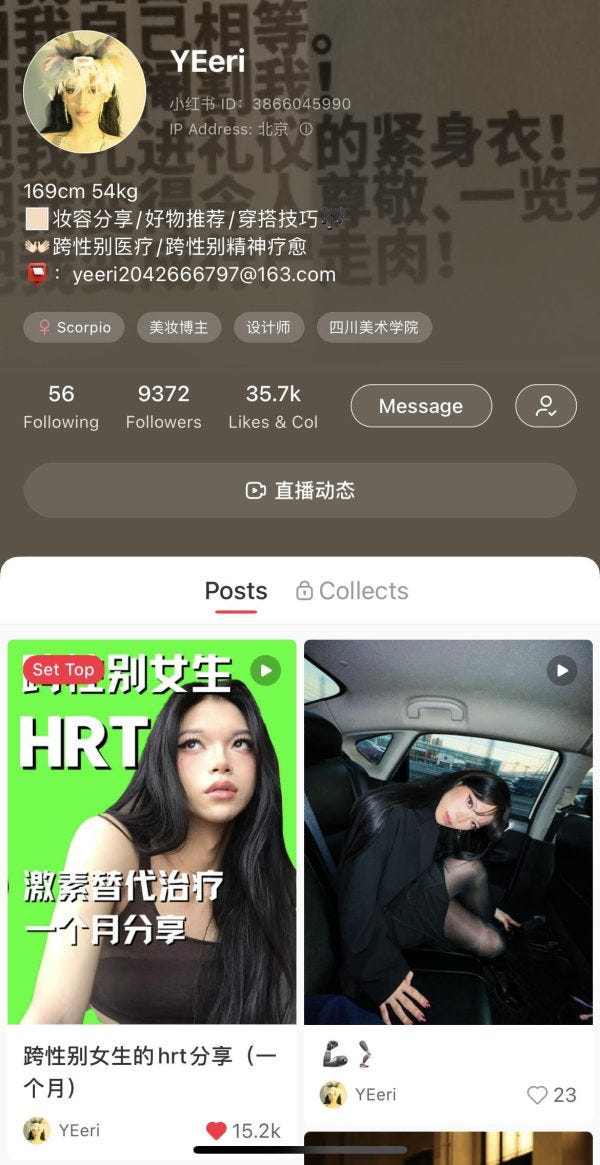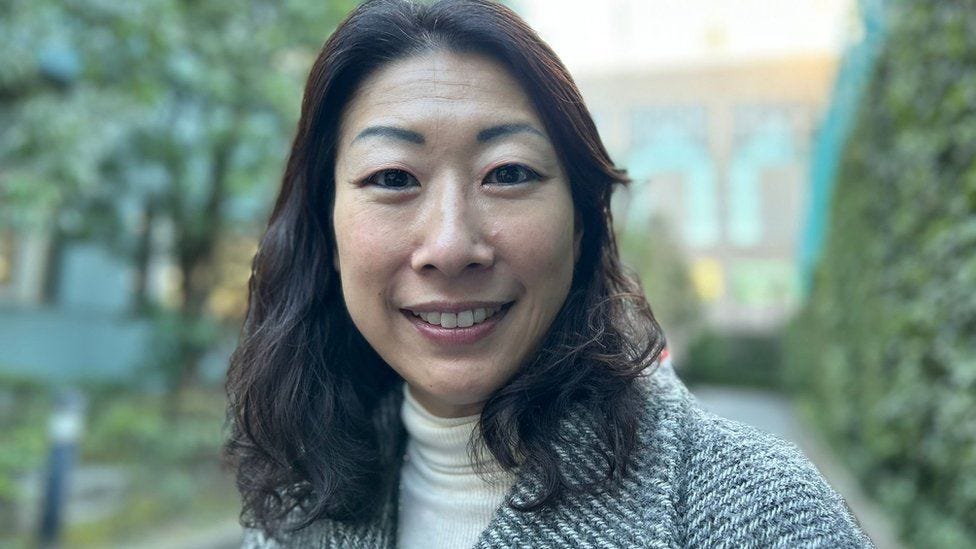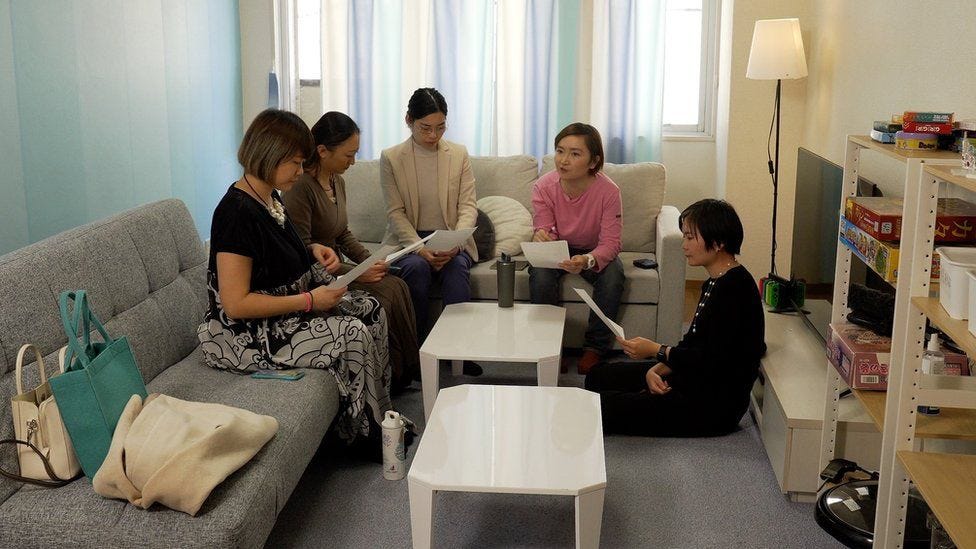Global Roundup: Paint Protest in Afghanistan, Bihar Women’s Art Forum, Queer-Friendly Chinese Social Media Platform, Tokyo Mayor Fighting Sexism, Canada Repealing Crimes Targeting Women/Queer People
Curated by FG Contributor Inaara Merani
Zahra, an activist for women's rights who spray-paints messages of resistance on the streets of Kabul, Afghanistan. This message reads "Death to Taliban." Courtesy of Zahra. Photo via HuffPost.
A young woman in Kabul, Afghanistan is spray-painting messages that criticize the Taliban and advocate for women’s rights. Zahra disguises herself with a cap, face covering, and jacket, and has asked to only be identified by her first name for her protection.
Zahra first made an appearance when the Taliban announced in December that women would no longer be permitted to attend university under their rule, and then again this month when they made good on their promise. She has been mindful to use different routes each time she has spray-painted her messages of protest.
[The] wall symbolizes women’s resistance against Taliban. It is my podium when the Taliban silences our voices in the streets. – Zahra
Zahra was on track to begin her final term of university and complete her senior thesis, but her journey was abruptly stopped by the Taliban. Although the terrorist organization claimed that the ban would be temporary and that they would find a solution, Afghan women continue to be denied their right to an education as they live under the world’s most repressive regime.
Zahra’s protest is an illuminating reminder of the power of protest, in any form. If the Taliban continuously deny women their basic human rights because of their outdated and misogynistic mindset, Zahra’s protest will continue along with many others.
It is the beginning of a larger movement. I will fight until I regain my rights as a woman. – Zahra
Exhibition at Bihar Museum [Photo: Pranav Chaudhary]. Photo via The Statesman.
On International Women’s Day last week, 42 women artists from the eastern state of Bihar, India, showcased their artwork to commemorate IWD and celebrate artistry and creativity. Taking place at the Bihar Museum for the first time ever, visitors will have access to this showcase until April 10.
In addition to featuring a number of current artists from the region, the exhibition also displays works from talented women artists who made their mark in the art world (i.e. the late Jagdamba Devi, Sita Devi, Godavari Dutt, etc). The showcased artwork encompasses a range of ideas about women’s livelihoods and how artistry can play a role in women’s lives.
We have created a sort of record by assembling all these artists and their collections under one roof. Besides these celebrated painters, we have displayed equally talented women artists’ works in Tikuli art sikki, sujni, paper machie, Manjusha and appliqué. – Anjani K Singh, Director General of Bihar Museum
Using a number of different materials, the women’s works which were included in the showcase at the Bihar Museum were different in their composure, but unified in the message that was sent about the power of women’s inclusion in the art world. Many of the women artists have won the high ranking civil award, the Padma Shri, and continue their advocacy for women through their artwork.
YEeri Wang’s video about her experience transitioning gained thousands of views on Xiaohongshu, despite being banned by Chinese censors on streaming platform Bilibili. Xiaohongshu. Photo via Rest of World.
Xiaohongshu is a Chinese social media and e-commerce platform which has become a safe haven for trans people to express and advocate for themselves. This platform is the one rare exception for LGBTQ content in China – surveillance of the queer community has increased lately as authorities look to cut down on online queer content.
The concept for Xiaohongshu began in 2013, when it was created as a shopping and lifestyle app where users posted tutorials and reviews. However, in recent years, the Chinese government has sought to silence the queer community, as well as the possibility of educating others. LGBTQ student group accounts were shut down on WeChat, all same-sex content was erased from Weibo, and the depiction of femme men in the media has been condemned.
On the platform, queer users have shared everything about their lives, from their gender transitioning process to coming out to their parents. Xioahongshu has also become a platform for trans people to find practical information, like advice on changing one’s gender on all official documents.
Xioahongshu’s user base is mostly composed of predominantly women, and young and urban people; therefore, the platform has emerged as an oasis for the queer community in China. On an app where over 88 percent of the users identify as women, many queer content creators have finally found the freedom to express themselves online. Compared to other video-sharing app such as Bilibili, in which women are constantly sexualized and fetishized, Xioahongshu reinforces positivity and acceptance.
Satoko Kishimoto was elected mayor of Suginami last June - the district's first ever female leader. Photo via BBC.
In June, Satoko Kishimoto was inaugurated as mayor of Suginami, one of Tokyo’s main districts, marking the first time a woman has ever been mayor in this region. Kishimoto, a former environmental activist and democracy advocate, beat her opponent by 200 votes in a shock win, and has since vowed to challenge Japan’s politics which are dominated by men.
We have to recognise as a national crisis this under-representation of women in politics…Women's representation has stayed almost the same for 75 years. This is insane! – Satoko Kishimoto, Suginami Mayor
Kishimoto is one of only three women who serve as mayors in Tokyo’s 23 main districts. Despite trying to implement social programming, such as climate change and gender equality initiatives, Satoko has said that she has been challenged by the men who serve in lower-ranking civil positions.
As a fairly young woman… [this job] is automatically difficult. I'm not from bureaucracy, I'm not a politician. When I speak, people listen. But they're not so easily convinced…Issues like climate change, diversity, gender equality have been challenged by older politics - by the boys' club politics…I really want to debate policies. But [a lot of] time is wasted in the city council addressing criticism and personal attacks. – Satoko Kishimoto, Suginami Mayor
The group hopes to support other women who plan to run for office in Japan. Photo via BBC.
Kishimoto is not alone in the criticism and discrimination she faces at work and in the public eye everyday. Other women politicians in Tokyo have also discussed the harassment that they are all forced to endure without change. As such, the Harassment Consultation Centre for Women in Politics was created to provide confidential online sessions for women getting into politics, acting as a safety net for any and all women feeling unsafe and/or harassed. Though the situation for women and all gendered minorities does not seem to be getting better, with Japan ranking 116 out of 146 countries in the World Economic Forum’s 2022 gender gap index, Tokyo’s local women politicians are optimistic about women’s future in politics.
I don’t know if it’ll be in the near future. But I’m hopeful. We can’t get any worse, The only way is up and ahead. – Satoko Kishimoto, Suginami Mayor
Canada's Minister for Women, Gender Equality and Youth Marci Ien speaks during Question Period in the House of Commons on Parliament Hill in Ottawa, Ontario, Canada February 1, 2022. REUTERS/Blair Gable. Photo via Openly
Last week, the federal government in Canada announced that it would be implementing a criminal justice system reform that would allow individuals convicted for indecency and anti-abortion laws to clear their records. Most of the individuals who were convicted of these crimes were women and queer people, meaning that many of these convictions were targeted.
In light of these discriminatory convictions that destroyed many lives, the Canadian government has decided to repeal laws that targeted women and the LGBTQ+ community. When the public indecency laws were implemented, the queer community’s access to bathhouses, nightclubs, and swinger clubs – which were considered safe spaces – was taken away as they became spaces to criminalize queer people. The anti-abortion laws also unfairly targeted women and queer communities and compromised their freedoms. The anti-abortion law has been outdated since 1988 when the Supreme Court of Canada named the law unconstitutional.
The RCMP used indecency laws to raid gay nightclubs and bathhouses across Canada, charging customers, employees, and performers. And in 1981, 286 men were charged for being at a bawdy house in Toronto.
Any individuals convicted under these laws can apply for a free expungement order the 2018 Expungement of Historically Unjust Convictions Act. Applicants will need information regarding their conviction to meet certain criteria of the act. For individuals that have passed away, family members or trustees may apply on their behalf.
Inaara Merani (she/her) recently completed her Masters degree at the University of Western Ontario, studying Gender, Sexuality, and Women’s Studies with a specialization in Transitional Justice. In the upcoming years, she hopes to attend law school, focusing her career in human rights law.
Inaara is deeply passionate about dismantling patriarchal institutions to ensure women and other marginalized populations have safe and equal access to their rights. She believes in the power of knowledge and learning from others, and hopes to continue to learn from others throughout her career.







